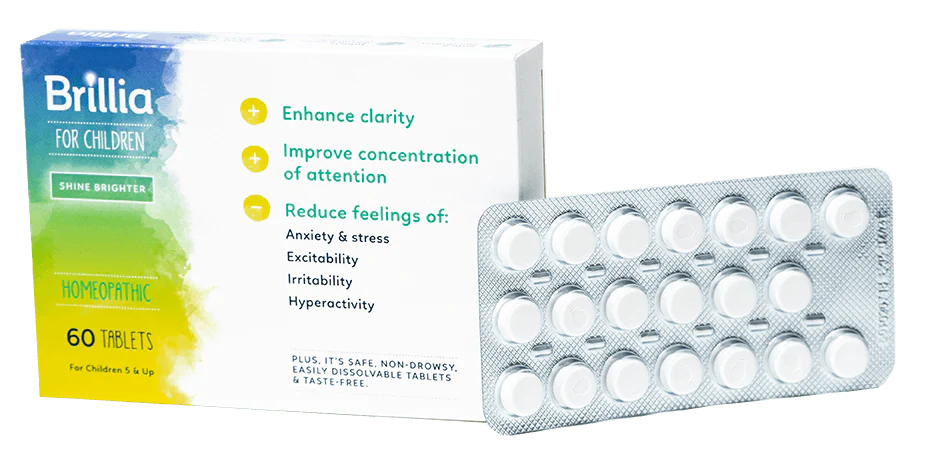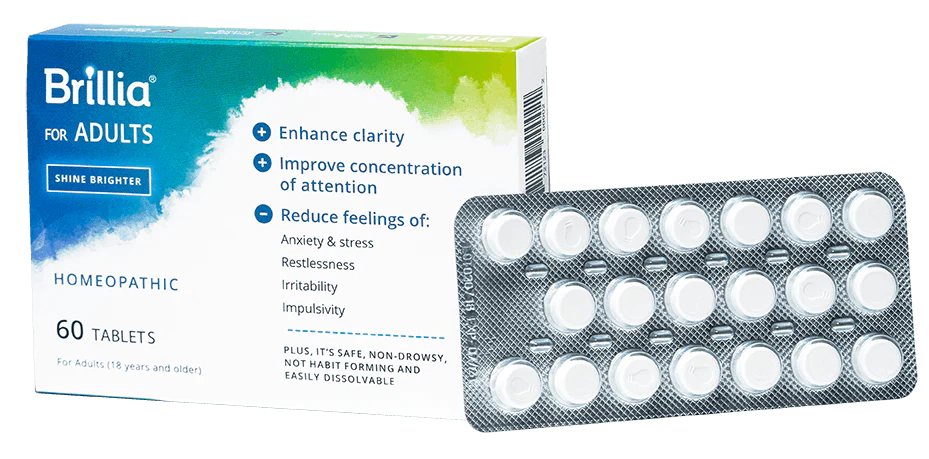From COVID-19 to climate change, it may seem like the daily news stories are always frightening. And with constant updates via social media, TV, the radio, and beyond, the news cycle can feel inescapable. We know every new detail in the latest high-profile murder case, we can watch car chases in real time, and even tragedies unfolding in cities far from home are broadcasted day and night. It’s no wonder that news headlines are wreaking havoc on our anxiety and stress levels. Explore why headline stress is more prevalent now more than ever, how the 24/7 news cycle is affecting millennials and Gen Z, and what you can do to cope with headline stress.
Why Headline Stress Is More Prevalent Today
Even before COVID-19 spread across the world in 2020, bad news was bringing people down. A 2017 survey on stress in America found that 56 percent of Americans said that staying informed on the state of the world stressed them out.1 Reasons for this stress ranged from money and work to the state of the nation and crime. Some studies show that women are more affected by this stress because they tend to remember bad news for a longer period of time.2
Fast forward to 2020 and there were brand new stressors, with 78 percent of Americans citing COVID-19 as a significant source of stress, followed by climate change and mass shootings.3 Simply hearing bad news isn’t the only source of stress either. A 2021 study of 2,000 news consumers found that 79 percent of people stress about simply discussing news with friends and family for fear of it ruining their relationships.4
Why Millennials & Gen Z Are Most Affected
According to a 2020 report by Deloitte, millennials and Gen Zers were already struggling with mental health due to a number of reasons, including climate change, the welfare of their families, financial stability, health care, and long-term career prospects.5 And a 2021 APA study found that both millennials and Gen Zers were more likely to report feeling lonely during the pandemic, with Gen Z respondents admitting their mental health worsened over the previous year.6
What Is Headline Stress Disorder?
When the 24/7 news cycle continues to usher in frightening headlines, experts say there is risk for developing “headline stress disorder.” Coined by psychologist Dr Steven Stosny in 2016 to describe a heightened emotional response to election news, the “disorder” expanded to include divisive news beyond the election results, including COVID-19, natural disasters, and more.7 Though it is not an official medical diagnosis, headline stress disorder is said to put people at risk of numerous physical and mental diseases, such as anxiety disorders, depression disorders, endocrine disorders and hypertension.
Shine Brighter
Headline Stress Disorder symptoms include:
- Palpitation
- Chest tightness
- Insomnia
- Stomach aches
- Headaches
- Teeth grinding
- Panic attacks
- Feeling depressed or sad
- Feeling overwhelmed
- Relationship strain
Coping with Headline Stress
Before you move off the grid to avoid headlines, there are a number of ways you can better cope with stress, beginning with limiting how much news you consume. According to Stosny, another way to battle headline stress is to channel it into action by writing letters to Congress, doing something positive for the environment, or something else that correlates with what you’re most worried about. Finding ways to get your feel-good chemicals flowing is another idea, whether you love the endorphin rush of a hard workout or a hearty, healthy meal. Practicing mindfulness and relaxation techniques can also help you reduce stress, whether that means finding a local yoga class or going for a simple nature walk. Confiding in a trusted friend or trained therapist can also help clear your mind.
If you find yourself still struggling to regulate your stress and anxiety levels, a non-prescription medication like Brillia can be a useful addition to your daily regimen. Safe for children and adults, Brillia is specifically targeted to reduce anxiety, stress, and irritability while improving focus and clarity. Unlike many prescription medications that come with chemical ingredients and undesirable side effects, Brillia’s active ingredient consists of antibodies to the S100B protein, which is associated with various different intracellular and extracellular brain processes, including mood. Brillia works by attaching to this protein and reducing symptoms of anxiety at the source without any harmful side effects or contraindications with other medications or supplements.
Brillia is supported by healthy lifestyle habits that help you manage stress and anxiety naturally, including eating healthy food, getting adequate sleep, limiting your screen time, and practicing mindfulness. Learn more about how Brillia works.
Erica Garza is an author and essayist from Los Angeles. She holds an MFA from Columbia University and a certificate in Narrative Therapy. Her writing has appeared in TIME, Health, Glamour, Good Housekeeping, Women's Health, and VICE.






